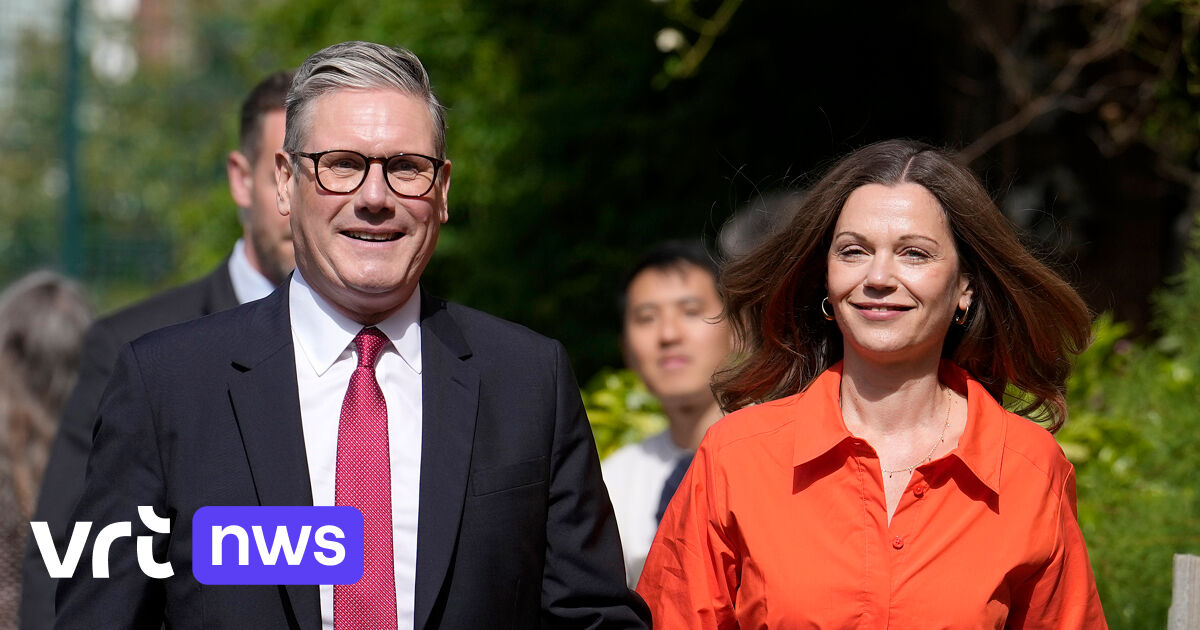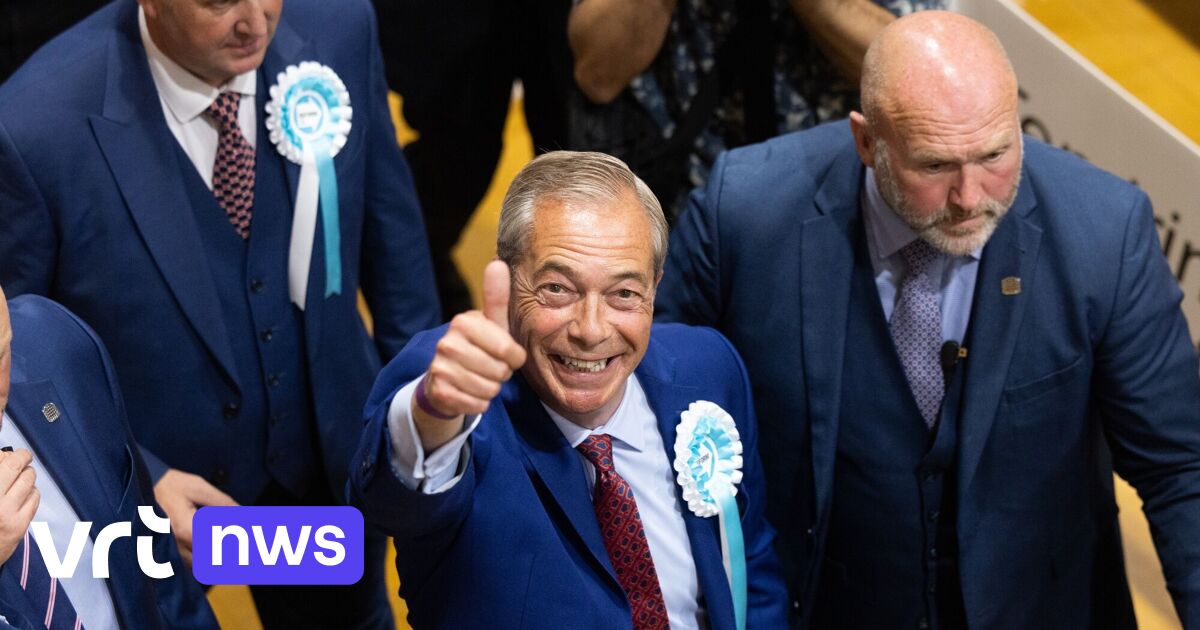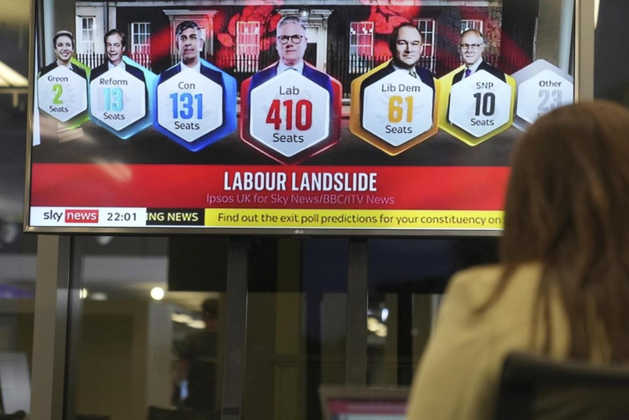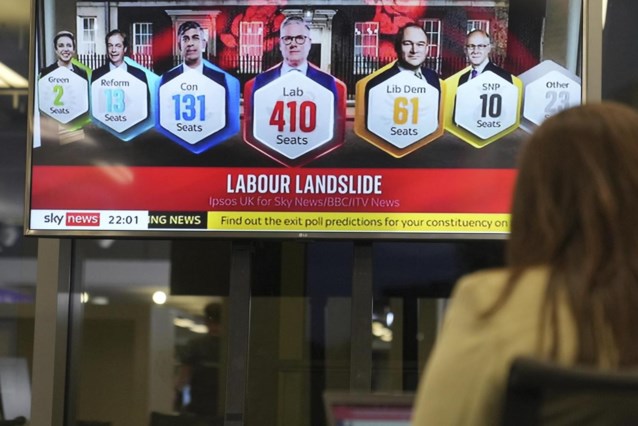In Easter cucumber season, one of Belgium’s Loch Ness political monsters makes a comeback: the federal constituency. An idea that seems good, but isn’t. There are always questions that are not asked.
What questions does the federal constituency answer?
On Rebel meeting says Egbert Lachaert (Open Vld) that the problem is there is no social debate between north and south, and Brussels. In fact, the parties that appear in different sections do not take the other party into account. With federal constituencies, elections are no longer directed against other communities. That’s problematic. An electoral system is never neutral, but must be as neutral as possible. These electoral reforms were clearly designed to support certain political persuasions. Isn’t the medicine bigger than the disease?
Does the federal constituency reduce participation?
The answer is clear: no. It will be the party that determines who becomes the political elite who can present themselves in the federal constituency. According to various proponents, this is a ‘ministry’. The question is whether they can still run in a small constituency. Because what if the top candidate in the federal constituency is not elected? But if they appear in both, will they have more budget to spend on election propaganda? Doesn’t that give you too much of a competitive advantage?
Who is federally elected and what status do they have?
How many lawmakers are federally elected? Fifteen or twenty? Is there a quota for French and Dutch speakers, for example six French speakers and nine Dutch speakers? But what if the tenth Flemish has more votes than the French-speaking sixth and goes to the Constitutional Court? Don’t quotas also call into question the whole idea of a federal constituency? Because then there were federal constituents, but those who were elected suddenly weren’t federal anymore, but were chosen based on their language group.
It is also unclear on what basis one speaks Flemish or French, now depending on the language of the constituency, except in Brussels, where the language of the oath counts. If sworn language counts, what about bilingualism or how are quotas set? Or do language groups not count for Belgians on the Federal election list? Then how do they count as a special majority?
Will there be a federal debate?
One of the intentions of the Federal constituency is to work on a unified ‘Belgian’ political space. That is, there will be a federal debate. In what language will they be performed? Will Vlaams Belang also be allowed to participate in this debate, along with the French speaking parties? That’s not clear. French-speaking parties have so far refused to do so.
Did you then get a debate in Flanders with Vlaams Belang and no French-speaking side? And a debate in French without Vlaams Belang? Then you get an electoral system meant to support certain political opinions and debates that exclude major Flemish parties. Same problem with PVDA/PTB. By the way, would Groen/Ecolo and PVDA/PTB get a rep or two in a debate or two like that? Are they one party, or two if that suits you better? Will other political families also compete with each other during this debate? Or did they form a list with Belgian liberals, socialists and…?
Should the prime minister or minister be elected nationally?
That is the argument of the proponents. Now only East Flemish can vote for Alexander De Croo (Open Vld), it sounds. That while he was prime minister of all Belgians. The Prime Minister of the United Kingdom is elected in the district of Richmont (North Yorkshire). Only ten thousand voters there could vote for him and he was prime minister of all of Great Britain. It’s not seen as a problem.
Of course, his party is on the rise in most of Great Britain. But there’s nothing stopping Open Vld from submitting listings in Liège, Namur, Walloon Brabant, Hainaut, or Luxembourg. Then all Belgians can vote for the prime minister’s party. Vlaams Belang appeared in Hainaut in 2019. They got 18,000 votes without campaigning.
Evil idea
As in so many other proposals designed to make this state structure work, the devil is in the details. The federal constituency turned out to be a poor solution to one problem because it created many others. New problems that only tightened the Belgian knot and made a clear policy even more difficult. Wrong good idea.
A true federal constituency is to say that all one hundred and fifty seats in parliament are elected in a single constituency. From De Panne to Manderfeld and from Meersel-Dreef to Torgny. There are no language groups, no warnings, no special majorities. Nous sommes tous des Belges, vote is vote, majority is majority. You can’t get much more Belgian than that. It will not happen. No one asked federal constituency supporters why not. That is the best argument against that federal constituency. The ultimate question is: which do you prefer, democracy or the preservation of this country?

“Hipster-friendly creator. Music guru. Proud student. Bacon buff. Avid web lover. Social media specialist. Gamer.”







